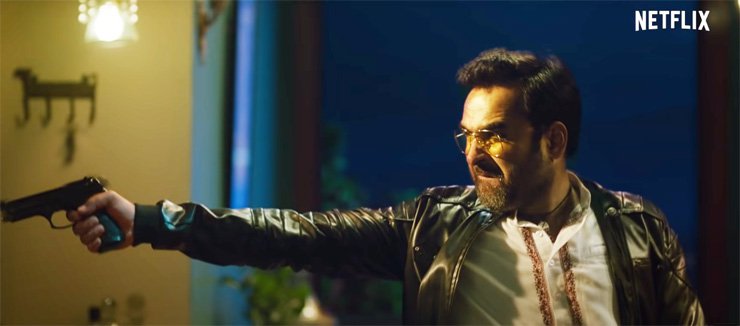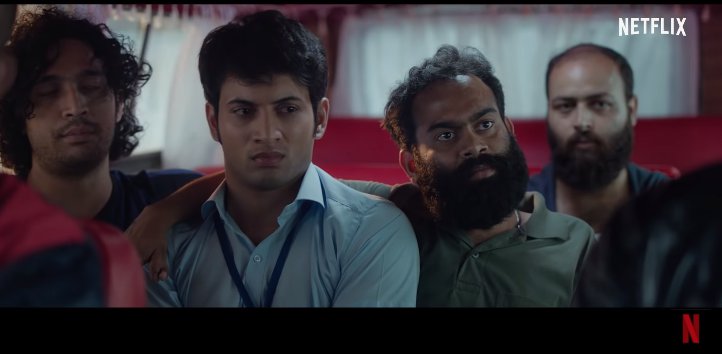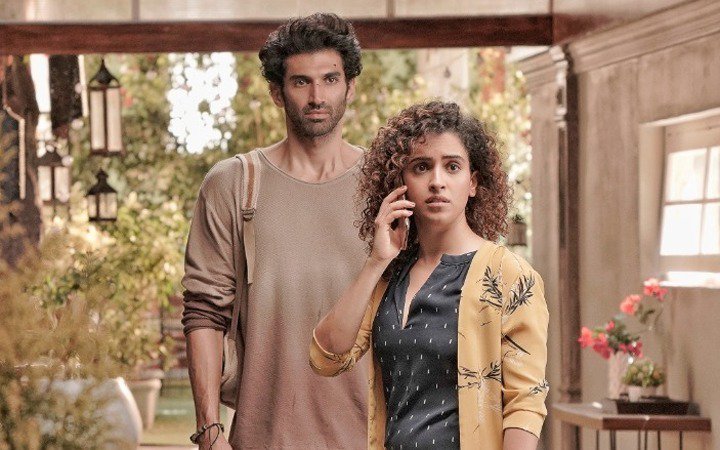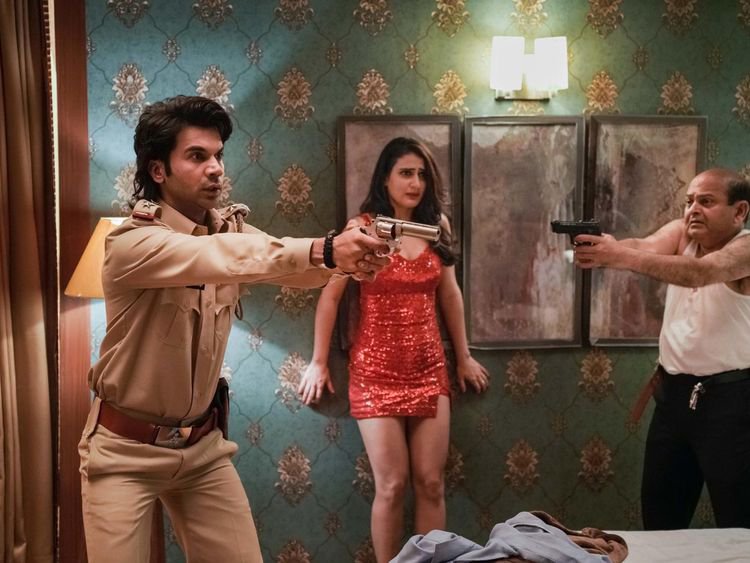In Netflix’s Ludo, a stellar starcast meets original writing and tight direction to deliver a story that, even at over two hours, never leaves you bored or reaching for your phone. Which, considering today’s age and time, says a lot about the film.

Here’s why Ludo, written and directed by Anurag Basu, is a film well worth your time:
1. The ensemble star cast do complete justice to their roles, but Pankaj Tripathi’s performance, once again, shines a little brighter than the rest.
Ludo brings a mix of quirky, entertaining, and intriguing characters, who individually might not strike a chord with the audience, but come together in a delightful mix. But, it’s Pankaj Tripathi, playing a sassy mob leader with a penchant for escaping death, who appears as the clear winner in this motley of amusing characters.

We’ve seen Pankaj Tripathi play a criminal before. Hell, Kaleen bhaiya’s fate from Mirzapur is still fresh in our minds. But not only is Sattu unlike most Bollywood criminals, but he is also one of Tripathi’s most colourful characters to date. And yet, Tripathi takes to the character like fish to water, leaving you in awe of his brilliance.

Apart from him, while every actor does complete justice to his or her role, Aditya Roy Kapoor’s ‘good guy persona’ makes for am adorable break from his slew of tortured artists/alcoholic lover roles. And Rohit Saraf, as a retail store employee, and Pearle Maaney, as a nurse, find more to say with their expressions and actions, than dialogues.

The supporting cast, led by Ishtiyak Khan and Shalini Vatsa, are the perfect additions to the film and deserve a special mention for managing to make even their brief screen appearances, memorable.
2. A fresh take on the age-old question of life and karma.
Ludo is an insightful yet comical take on the very concept of karma and humanity, that leaves you pondering over how much control you have over your own life. It doesn’t say you can’t change your fate, it just raises a question about how far are you willing to go, in order to do so. After all, morality is a far more complex question, than we’d like.

And, much like the game the film’s title is based on, not all individual stories shine through (Rajkummar Rao’s story is the most disappointing), but together the four players, aka the four stories, present an engaging game indeed!

3. An original soundtrack, that in the age of remixes, feels like a breath of fresh air.
Pritam has delivered one of the finer soundtracks of this year, with each song becoming an intrinsic element of storytelling, rather than taking away your attention from the plot. The latter is a fault most movies commit, with Laxmii’s Burj Khalifa (*shudders*) being the latest example.
A beautiful array of songs, with lyrics by Sayeed Quadri, Sandeep Shrivastava, and Shloke Lal, make Ludo’s soundtrack a much-needed break from needless remixes.
The one old song the film employs, Qismat Ki Hawa from the 1951 film Albela, is used without remixing the tune and butchering the song’s original charm. Ultimately, it’s the track that ends up becoming the perfect theme song for the film.
Is Ludo flawless? No. A few regressive jokes and a storyline that slightly falters at times, perhaps bowing down to its own pressure of being a comedy of errors, does let down an otherwise brilliant story about the unpredictability of life.

But ultimately, Ludo is a perfect reminder of Anurag Basu’s style of chaotic but endearing storytelling. It may seem the story is all over the place, but once you let yourself be a part of his world, you realize there is a pattern to the madness too! And, to a fan of Basu’s style of filmmaking, like yours truly, Ludo is yet another win.

















